News
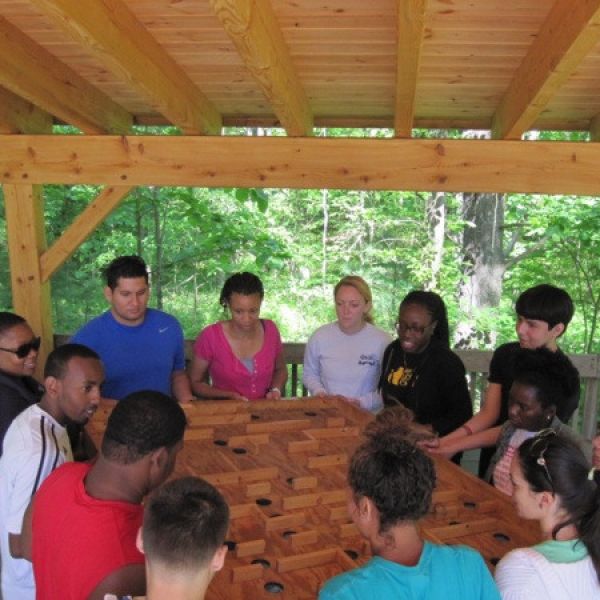
Mar 20, 2022
2022 Summer Research Opportunities Program is Seeking Faculty Mentors
Host an undergraduate student in your lab this summer by participating in this year's CAS-SROP!
Full Article
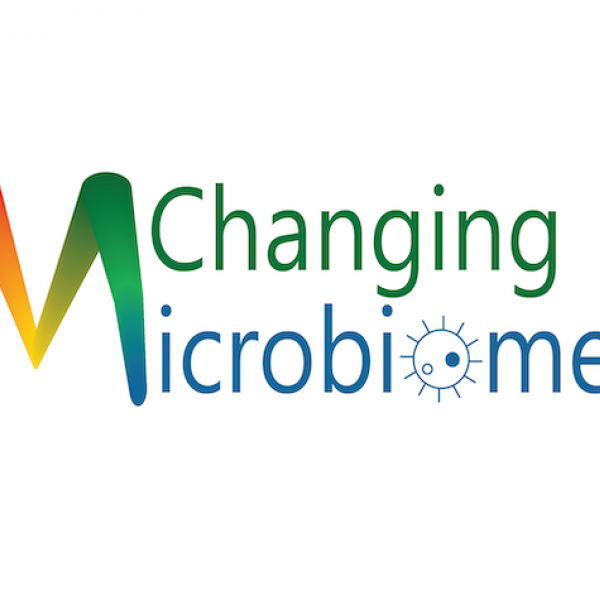
Mar 18, 2022
Microbiome Center to host ‘Changing Microbiomes’ symposium in early June
The inaugural Penn State microbiome symposium, titled “Changing Microbiomes Symposium,” will be held from May 31 to June 3, 2022, at the Mountain View Country Club at the Wyndham Garden Inn, 310 Elks Club Road, Boalsburg, Pennsylvania.
Full Article
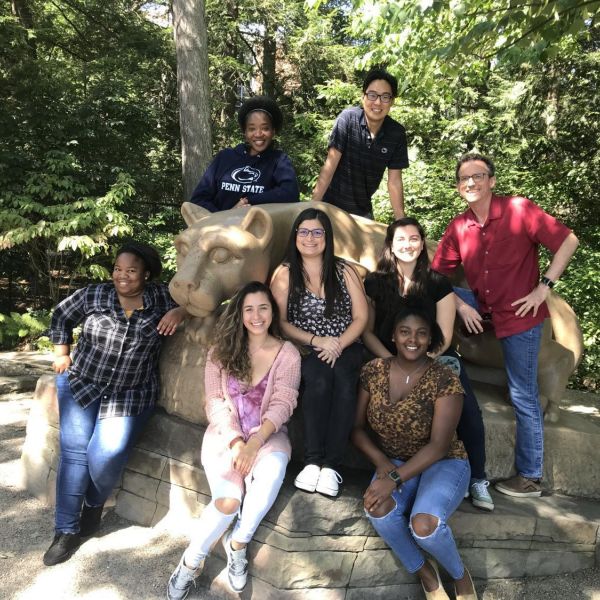
Mar 18, 2022
Alliance between College of Ag Sciences, University of Pretoria yields benefits
Developing solutions to address threats to plant health is the centerpiece of a partnership between Penn State’s College of Agricultural Sciences and the University of Pretoria in South Africa. The partnership is designed to increase both organizations’ research, teaching and extension impact and growth opportunities, thereby increasing food security and environmental stewardship.
Full Article
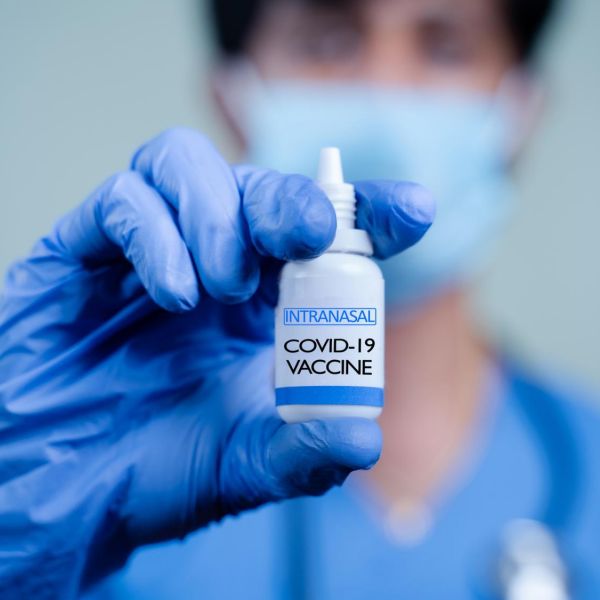
Mar 17, 2022
Inhalable aerogel triggers immunity to COVID-19 in mice, may block transmission
An inhalable "aerogel" loaded with DNA that encodes for the SARS-CoV-2 spike protein successfully induces an immune response against COVID-19 in the lungs of mice, according to new research conducted at Penn State.
Full Article

Mar 16, 2022
Huck Students Receive Alumni Awards
Two Huck IGDP students have been recognized as part of the 2021-22 Graduate School Alumni Association faculty and student awards in the Life & Health Sciences section.
Full Article
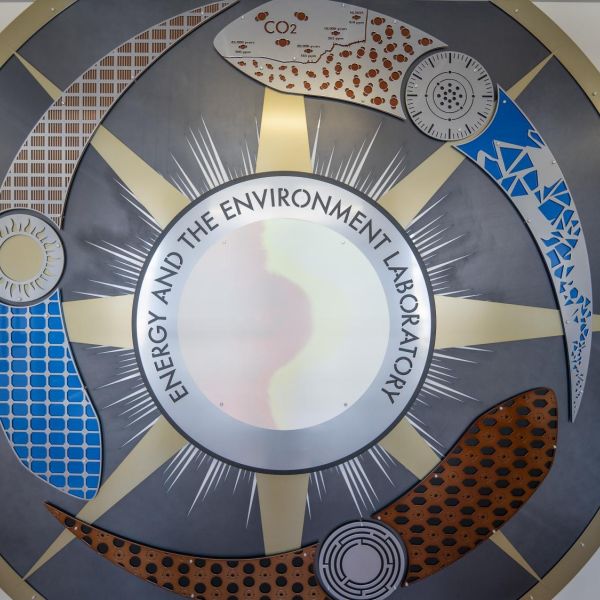
Mar 14, 2022
New art installation reflects Penn State research on energy and environment
Visitors to the Energy and the Environment Laboratory (EEL) on Penn State’s University Park campus will now find themselves greeted by a trio of large eels. A new metal wall sculpture featuring three individually themed eels has been permanently installed in the lobby of the EEL building.
Full Article
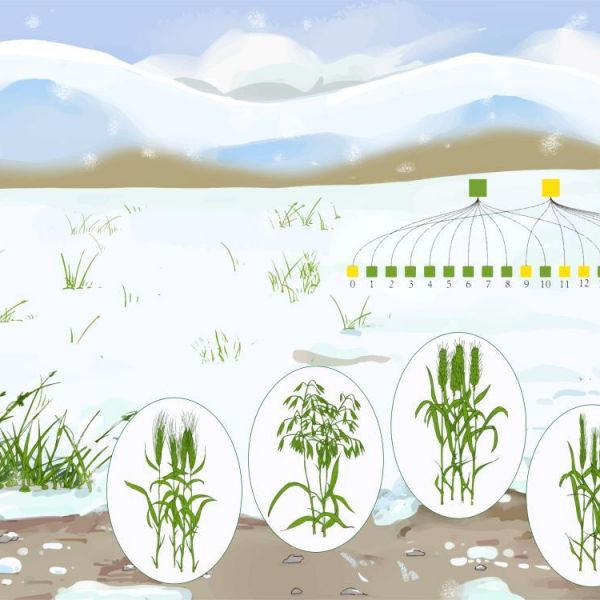
Mar 10, 2022
How grasses like wheat can grow in the cold
A new, large-scale analysis of the relationships among members of the largest subfamily of grasses, which includes wheat and barley, reveals gene-duplication events that contributed to the adaptation of the plants to cooler temperatures.
Full Article
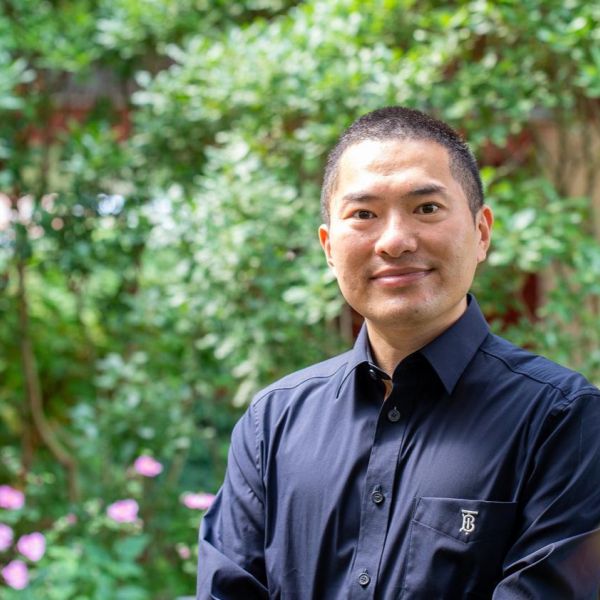
Mar 07, 2022
Studying diseases with better delivery of gene-editing tools
Using gene-editing tools with stem cells can be challenging because their delivery into cells can be inefficient, time-consuming, or expensive. A Penn State-led team of interdisciplinary researchers has developed a method that improves the lifespan and efficiency of CRISPR gene-editing tools after delivery.
Full Article
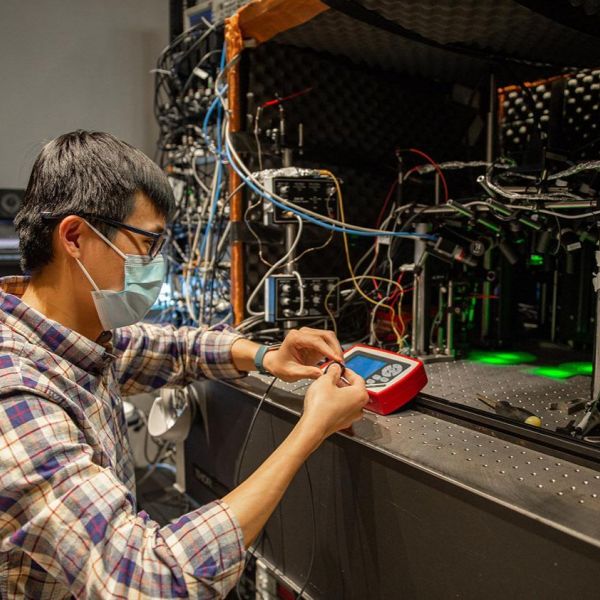
Mar 03, 2022
Researchers publish how-to guide for monitoring and analyzing brain activity
Penn State researchers have developed a set of tools and methods to better monitor and analyze sleep-related signals and fidgeting in rodent brain studies. Considered the bedrock of biomedical research, rodent studies often provide the first advanced understanding of brain activity and are the foundation on which human studies are eventually built.
Full Article
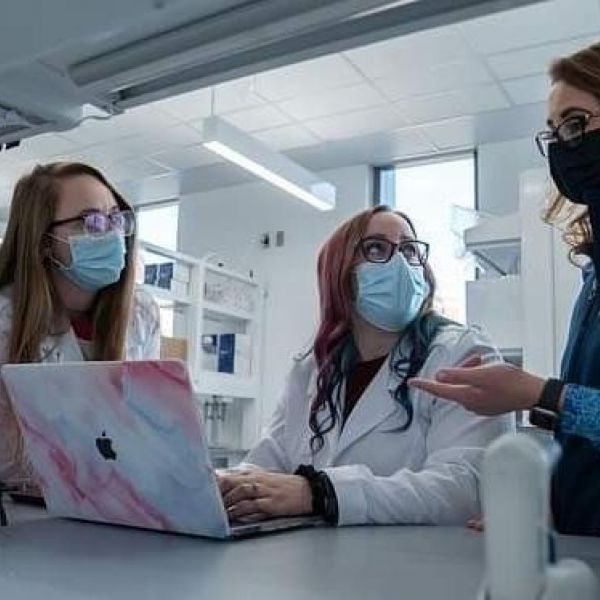
Mar 02, 2022
Students in Department of Animal Science receive accolades for research
There are many opportunities to participate in undergraduate- and graduate-level research in Penn State’s College of Agricultural Sciences. Graduate students Emily Van Syoc and Sophia Kenney are among those reaping the numerous benefits.
Full Article